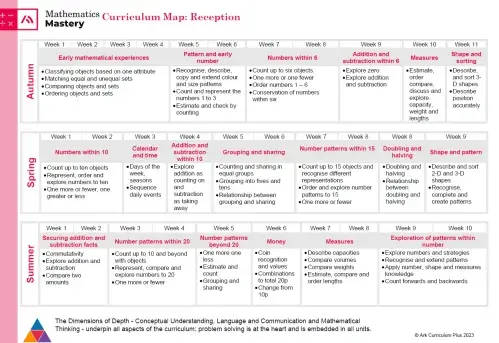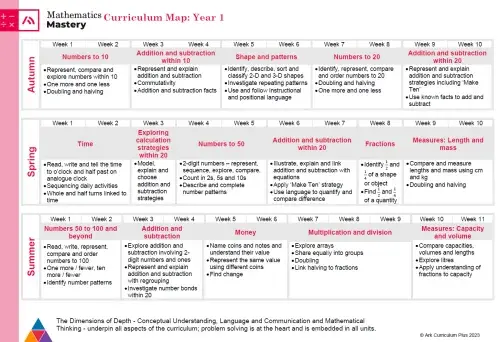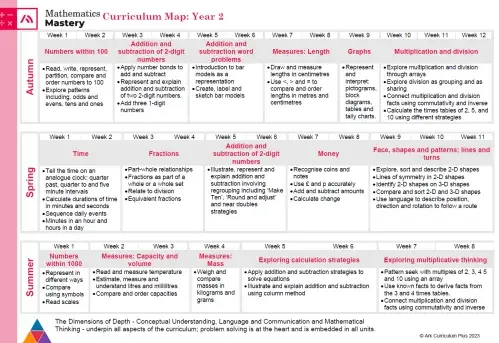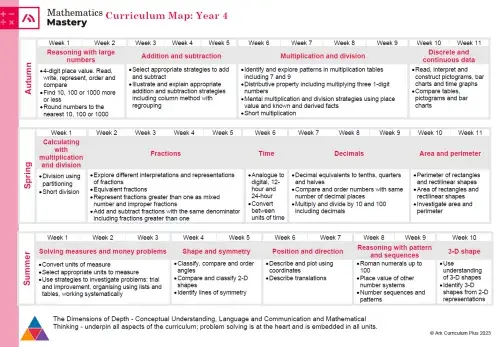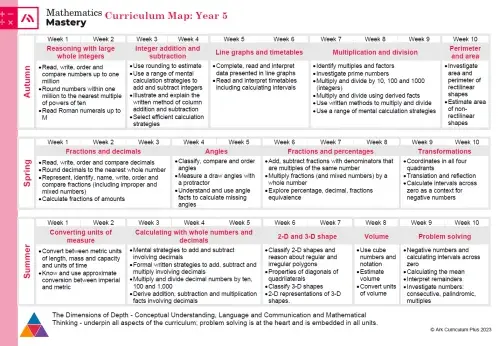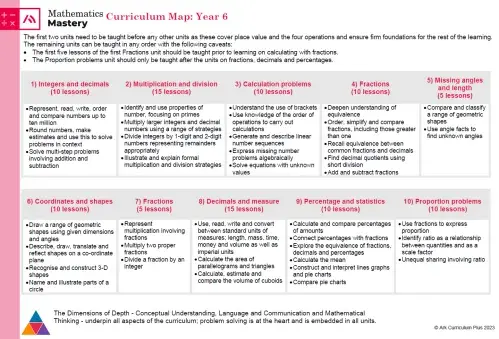Maths
We believe that all children are entitled to a high-quality Mathematics education which provides a foundation for understanding the world, the ability to reason mathematically, an appreciation of the beauty and power of mathematics, and a sense of enjoyment and curiosity about the subject.
What is our approach to Maths?
Our approach to Mathematics will help children develop their competencies in three key skills: fluency in the fundamentals of Maths, mathematical reasoning and problem solving, enabling them to be resilient, critical thinkers who engage with the varied applications of Maths in everyday life and across disciplines such as Science, Technology, Art and Design.
We recognise that Maths is an interconnected discipline and pupils should be able to move fluently across representations of mathematical ideas. This flexibility and creativity of thought is encouraged through carefully designed National Curriculum-aligned programmes of study, provided by Mathematics Mastery, which are organised into distinct domains of Number, Measurement, Geometry and Statistics, but are underpinned by the principles of deep conceptual understanding, mathematical language and communication and mathematical thinking.
What does our approach to Maths look like in the classroom?
Maths lessons take place for an hour daily across KS1 and KS2. In EYFS, lessons are divided into shorter 15-20 minute sessions of input and continuous provision.
Maths lessons are characterised by the promotion of mathematical language, opportunities for purposeful collaboration, reasoning and the consistent use of the Concrete, Pictorial and Abstract model to ensure pupils have a thorough grasp of concepts being taught. Lessons follow a 6-part lesson structure, where appropriate. The lesson structure ensures that prior knowledge is revisited and built upon, concepts are broken down into accessible chunks, mathematical language and communication is practiced (through star words, talk-tasks and sentence stems) and learning is demonstrated through the completion of a carefully designed independent task.
While the Mathematics Mastery programmes of study are the backbone of implementation, lessons and tasks are heavily adapted to meet the needs of all learners and to gather evidence of pupil’s mastery of fluency, reasoning and problem-solving in relation to the concept being taught.
The tasks are designed to scaffold pupils’ learning as they independently work through the task encouraging them to dive deeper, make connections and engage in creative problem-solving, where appropriate. This encourages all children to have high expectations, challenge themselves and take pride in their work.
Arithmetic sessions are run three times each week in Y2 to Y6 to support the development of speed and fluency in procedural mathematics. These are based around a centralised Ark curriculum and the groups are streamed based on summative data. Times Table Rock Stars is used frequently in Y2 to Y6 to support committing times tables facts to memory. Maths Meetings take place in KS1 to develop fluency and language across all areas of the Maths curriculum.
Conference and over-the-shoulder marking ensure misconceptions are identified and responded to efficiently and in a timely manner. Interventions take place based on formative assessment, summative outcomes, and Graduated Response Charts. Mathletics is used as part our approach to home-learning, allowing children to practice key skills every week through 2 tasks set by teacher in a low-stakes but rigorous manner.
How do we measure success in Maths?
Progression is monitored and recorded throughout the term as evidence to measure how successfully children can engage with the fluency, reasoning, and problem-solving aspects of concepts across all four domains of Number, Measurement, Geometry and Statistics.
This is done through
- Half-termly (Arithmetic) and Termly summative assessments which provide scaled scores that demonstrate pupils’ attainment across domains
- Outcomes in national assessments in Year 2, year 4 and Year 6
- Coaching and co-planning opportunities for teachers with the Maths Lead
- Class observations
- Rigorous work analysis through regular book looks and setting of targets
